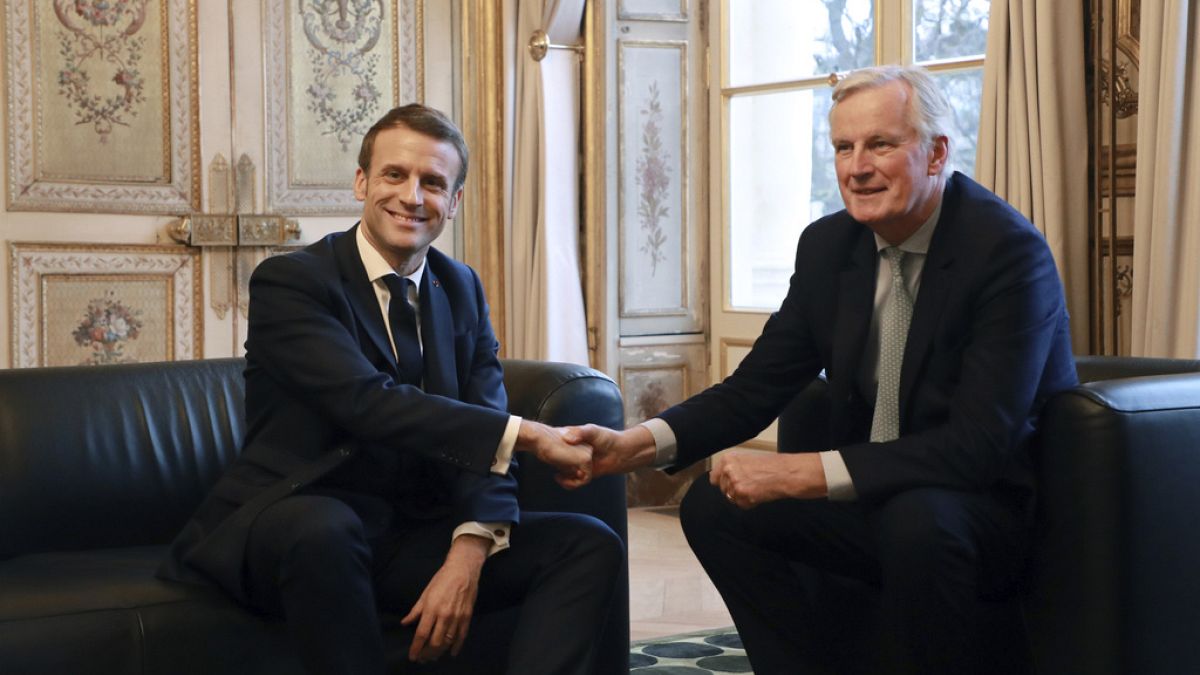The French government is on the verge of announcing a new cabinet, with Prime Minister Michel Barnier presenting his choices to President Emmanuel Macron for approval. The decision comes after months of political uncertainty and a fragmented legislative election that resulted in a diverse parliament. Barnier’s appointment as prime minister was met with controversy due to his background as a former Brexit negotiator and the challenges of forming a government with a divided parliament.
The composition of the new cabinet remains uncertain, but reports suggest that Senator Bruno Retailleau will be named as the interior minister and Jean-Noel Barrot will take on the role of foreign minister. Defence Minister Sébastien Lecornu is expected to retain his position, while Antoine Armand will move to the finance ministry. However, regardless of the final lineup, the government will face challenges from the start, as Barnier has indicated a willingness to raise taxes to address France’s financial difficulties.
The incoming government will have to navigate a delicate political landscape, with a mix of centrist Macronists and right-wing MPs who could potentially join forces to challenge Barnier’s leadership if unpopular decisions are made. The fragmented nature of the parliament adds an additional layer of complexity, as it is unclear where Barnier will find support and whether compromises will need to be made. Macron’s approval of the cabinet choices will be crucial in solidifying the government’s legitimacy and setting the stage for the challenging work ahead.
The new government will need to hit the ground running, as Barnier has emphasized the urgency of addressing France’s budget crisis. With the country’s finances in a “very serious” situation, tax hikes are on the table as a potential solution. This decision could further complicate the already delicate political dynamics within the parliament, forcing the government to carefully navigate the competing interests of different factions. Despite the uncertain political landscape, the government will be faced with the task of making tough decisions and implementing policies to address the country’s pressing challenges.
In conclusion, the formation of a new French government under Prime Minister Michel Barnier presents a unique set of challenges and uncertainties. The fragmented nature of the parliament, coupled with the need for tax hikes to address the budget crisis, will test the government’s ability to govern effectively. Macron’s approval of the cabinet choices will be a critical step towards establishing a stable government and gaining the confidence of the public. As the new government prepares to take office, it will need to navigate the complex political landscape and make difficult decisions to address France’s pressing issues.










